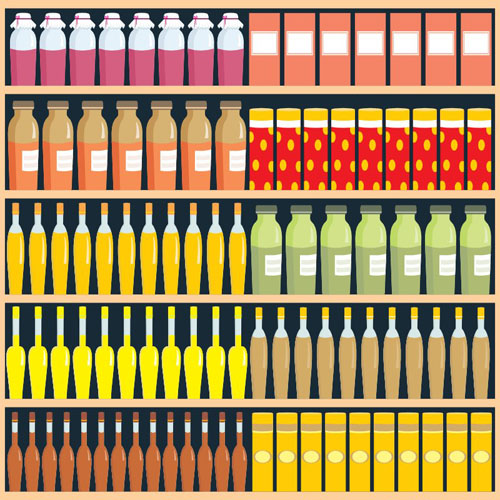How to Start a Food Business (Hint: The Beginning Comes Earlier Than You Think)
As the food industry gets more crowded with new entrants migrating in from tech, finance, healthcare and energy, taking smart first steps with a food business is more crucial than ever. Barriers to entry for the industry have been lowered, however there are plenty of hurdles ahead. So if you’re thinking about becoming a food entrepreneur, it’s worth unpacking the three core ingredients to a sturdy start.

1. Design for your desire: Why hurl yourself into the unknown just to end up following the herd? Too many food entrepreneurs get infected by popular, but unchecked, beliefs about what is possible. What is entrepreneurship if not a challenge to the status quo?
As we know well at Babson through Entrepreneurial Thought and Action®, everything starts with desire. It’s the fuel that will keep you going when the going gets rough. You have got to know and be able to articulate your Why. You have got to know how much risk – financially and psychologically – you are willing to tolerate, which trade-offs you are willing to make, and your strengths and weaknesses. These are not simple matters. Invest the time and be honest with yourself.
Then, before doing anything concrete for your business like recipe testing or packaging mock-ups, go out and talk to people. Talk to people two, five, ten years in the industry. Ask pointed questions and listen hard to what comes back. Adjust your vision to the realities you discover. Keep checking in with your desire (and your capacity). The odds against you are great; they improve greatly when you design for your desire—not what you think you’re supposed to be doing.
2. Find a strong partner: The media loves to perpetuate the image of a swashbuckling entrepreneur perched on the prow of his ship promising swift, disruptive innovation. This persona is nowhere near most people’s reality. The path from Nothing to Something to Something Stable is a lot longer than you think. Going it alone is far more daunting than sharing the journey.
Like honing your desire, finding your partner takes time. You want to be in the trench with someone you trust, whose actions you can predict, whose strengths and weaknesses you understand. The wrong partner can bring all your hard work to a screeching halt.
3. Keep an eye on the Big Picture: As a Boston meal-kit entrepreneur put it: “There will always be fires to deal with, but ignoring strategy is fatal.” The bedrock of good strategy is knowing the ecosystem in which your business is playing.
In food, this means watching the policy and regulatory trends as well as the environmental, financial, public health, and consumer dynamics that surround both your specific product segment and the industry as a whole. Keeping an eye on the ecosystem ensures that you will see opportunities as well as potential allies and threats along the way.
Futurist Ray Kurzweil recently said: “Most entrepreneurs’ business plans act as if the world is never going to change.” The world is going to change. It’s changing right now—and nowhere more than in food. You are going to be beyond busy running your business, but without a Big Picture, you risk losing your relevance. (Having a strong partner helps here. Just like in a foxhole, you two can take turns keeping your head down in the business and popping up to look around and survey the landscape.)
I’m excited to report that a new intensive elective on “Food Entrepreneurship” will be offered at the MBA level for the fall semester of 2016. Highly interactive and experiential, in it we will explore these three ingredients and many others to fuel the launch of a smart food startup.
